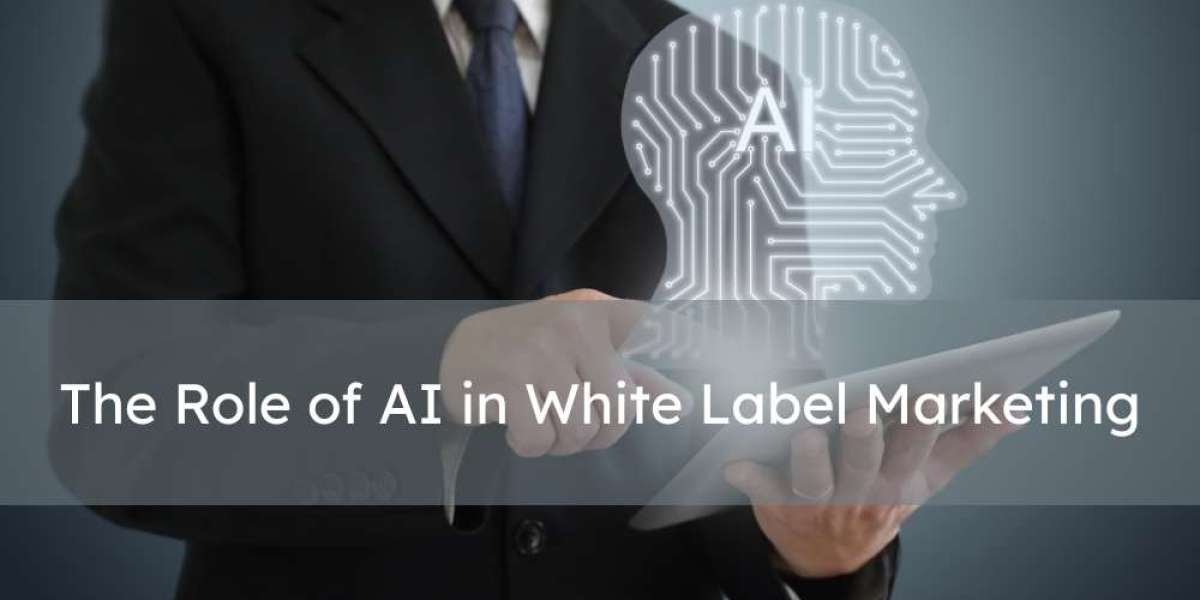White label services have always been the quiet workhorse of digital marketing. They’re practical, scalable, and usually invisible to the end client. But something’s shifted. With artificial intelligence now stitched into search engines, ad platforms, and even content tools, white labelling has gone from back-office convenience to frontline advantage. And that’s exactly where a solid content marketing strategy makes the difference between a quick fix and a lasting edge.
Why white label AI matters
At its heart, white labelling is about reach. Agencies can sell broader services without needing to reinvent the wheel every time. AI pushes that further by doing the grunt work at scale. Think keyword mapping, behaviour tracking, even first drafts of ad copy — jobs that used to chew up hours. Suddenly, teams can deliver faster and, more importantly, focus on the kind of thinking machines can’t yet handle.
- AI clears repetitive bottlenecks so people focus on strategy
- Service lines grow without the payroll ballooning
- Brands stay nimble in markets that shift week by week
It’s not just about speed. Clients expect smarter reporting, sharper targeting, and the ability to pivot quickly. White label AI meets those asks without draining resources. And when agencies aren’t bogged down by mechanics, conversations move to outcomes — growth, relevance, brand voice — instead of who’s stuck formatting spreadsheets.
Balancing automation with authenticity
Here’s the rub: too much automation can flatten a campaign. Sure, AI can churn out reams of copy or optimise a hundred ads overnight, but audiences catch on when everything sounds the same. The sweet spot is using AI as scaffolding, not the whole house. The final touch still needs a human voice.
That’s why many teams we talk to circle back to scalable SEO practices. Good search performance isn’t just a numbers game; it depends on how well insights get translated into language that feels alive, not templated. Algorithms might flag a trend, but it’s people who shape the story behind it.
Another point: transparency matters. Clients want to know when AI has been used and why. Hiding it only breeds mistrust. Being upfront about it actually strengthens credibility.
Staying ahead of the curve
AI isn’t slowing down, and neither is competition. Agencies playing in the white label space can’t afford to sit still. Guardrails help — ethics policies, clear KPIs, and a framework that holds tech accountable. The agencies that figure out that balance, combining machine efficiency with human creativity, will set the pace.
For businesses not sure where to begin, a digital health check is a solid entry point. A good audit highlights the weak spots where AI can have the most immediate effect. Many firms start with technical SEO audits before layering in AI tools. That way, the foundation is steady before the scaling kicks in.
This shift toward AI in white label marketing isn’t a passing trend. It’s a structural shake-up in how services are delivered, measured, and judged. Those who get the mix right — machines for speed, humans for meaning — won’t just keep up. They’ll pull ahead.



